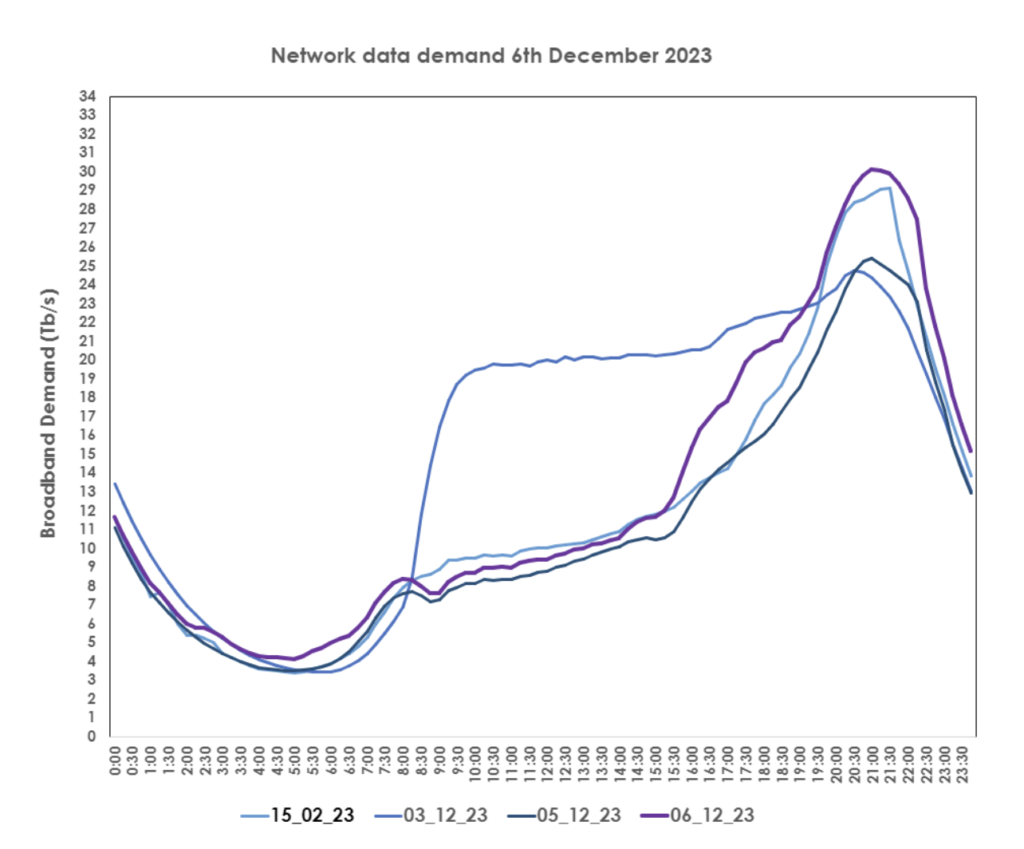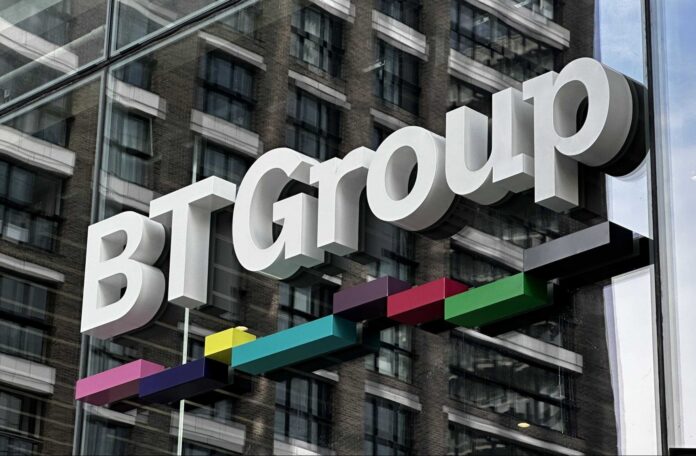Operator says “major broadcasters”, including the BBC, will be involved in evaluating and possibly trialling the technology
BT Group is pioneering technology designed to be a more reliable and sustainable, and of better quality, over the internet – MAUD for Multicast-Assisted Unicast Delivery.
The operator says “major broadcasters”, including the BBC, will be involved in evaluating and possibly trialling the technology for a range of live content.
What makes MAUD special? Two things, apparently. Firstly unlike unicast delivery, where each viewer watches content via a dedicated internet stream, MAUD groups the single streams into a shared one. This makes is much more efficient for broadcasters, content delivery networks and internet providers, as MAUD uses up to 50% less bandwidth in peak hours. This reduces energy consumption because fewer caches are needed.
By freeing up internet capacity, content, live or otherwise, should be translates into better quality transmission.
Better than ordinary multicast
Apparently MAUD also has one up on ‘ordinary’ multicast streams, as its integration is transparent to the players’ applications. This means content service providers need not modify their customers’ apps to take advantage of this technology, saving the service provider time and money.
New research from BT Group shows the UK public’s appetite for live content is undiminished, despite the growing popularity of on-demand content services. A survey into the viewing habits and priorities of the British public found 90% still consume live content – primarily news and sport – via television, with more than half doing so at least once a day.
Regardless of the medium, 9 out of 10 viewers believe picture quality and reliability are paramount, outstripping interactive features, commentary and stream syncing by nearly 3.5 to 1. When it came to sport, viewers still preferred picture quality and reliability over latency – the time it takes for the live action to reach the screen.
Rising data peaks
The graph below shows the shape of things to come, with BT recording its highest ever data traffic peak at 30.1Tbps at around 9pm on Wednesday 6th December. The spike driven by six Premier League games streamed live on Amazon Prime and major updates to Call of Duty Modern Warfare. The graph also shows the previous highest peaks.

Howard Watson, Chief Security and Networks Officer at BT Group said: “MAUD is a major breakthrough in how we deliver content over the internet. Developed in our world leading labs at Adastral Park in Suffolk, MAUD could be a key solution to how we manage ever increasing traffic loads.
“By combining individual streams, MAUD delivers a more reliable, consistent picture, no matter whether customers are watching over Wi-Fi, fibre or mobile networks
Paolo Pescatore, Founder at PP Foresight, said: “Whether it’s the Euros or Eurovision, gaming over Twitch or gigs from Glastonbury, data shows that audiences still value the live experience even in the on-demand era.
“With live sports and events driving peak network demand to new heights, it’s great to see innovation ensuring that high-quality, premium live content can reach the widest possible audiences across multiple types of device, and to be possible in an increasingly environmentally sustainable manner.”



